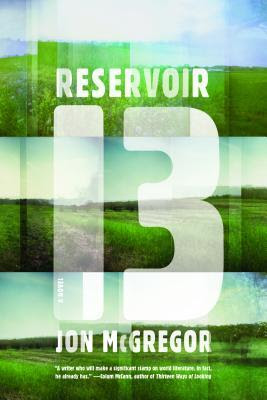Coates intersperses notes of his experience each of the eight years of Obama’s presidency along with some of his carefully-researched larger essays previously published in The Atlantic. It is especially worthwhile to read again his earlier pieces in their context with the hindsight a few years bring, and not having to search around several places for his ideas makes this book especially valuable. Most of us were not prepared for Ta-Nehisi Coates when his work first appeared in the monthly magazine. It was his explosive Between the World and Me that shook us awake.
The centerpiece of this collection, “The Case for Reparations,” talks about a
“national reckoning…more than hush money or a reluctant bribe…What is needed is a healing of the American psyche and the banishment of white guilt.”The banishment of white guilt. That is something I would not have gone for. If that is required, I’m not sure we’ll ever get there. I’m on board with “an airing of family secrets, a settling of old ghosts—[a recognition] that American prosperity was ill gotten and selective in its distribution.” But if it comes to making white people, mostly Christians, banish their guilt, I don’t think it will happen. These folks wear guilt like a fur coat.
Whenever he is asked about hope for the future, Coates says he is not responsible for bringing good news. He merely reports the news. He looks at what we have and says what he thinks. But I think “…Reparations” is his most hopeful essay, though filled as it is of horrible instances of degrading racism and exclusion. In it Coates sees a possible way out…if only.
"I believe wrestling publicly with [issues around reparations] matters as much as—if not more than—the specific answers that might be produced…More important than any single check cut to any African American, the payment of reparations would represent America’s maturation out of the childhood myth of its innocence into a wisdom worthy of its founders."It seems we have been hearing Coates everywhere these days—back-to-back interviews on the Radio Atlantic podcast, another podcast of a conversation in Chicago for Krista Tippett’s On Being, etc. But Coates is not overexposed. He still has a way of saying things in a way that allows us to hear him. He’s not asking for anything. He’s just laying it out there, giving us the opportunity to step up.
Right after his ground-breaking essay on reparations, the first paragraph of his notes for year seven of the Obama presidency takes away any hope he might have given us about the possibility for change.
“To be black in America was to be plundered. To be white was to benefit from, and at times directly execute, this plunder. No national conversation, no invocations to love, no moral appeals, no pleas for ‘sensitivity’ and ‘diversity,’ no lamenting of ‘race relations’ could make this right.”Boom. “Racism was banditry, pure and simple. And the banditry was not incidental to America, it was essential to it.” How lucky we have been that this man escaped everything that conspired to hold him silent: “black people in America do not generally have the luxury of recording their ‘feelings…’”
Born to a black household secure in their determination to be black and proud of it, and having been educated in the heart of black learning at Howard University, Coates did not unlearn or give away his heritage to fit in with white culture. He is talented, but he is also unusual in that he didn't have to give away large parts of himself to get where he is. We are the beneficiaries of such a voice, for there aren’t enough who can express with such clarity and singularity of purpose arguments we need to consider. Ibram X. Kendi, author of Stamped from the Beginning, is another.
One of Coates’ last essays in this collection, “The Black Family in the Age of Mass Incarceration,” begins with the themes Daniel Moynihan wrote about in a report written for Department of Labor during Lyndon B. Johnson’s administration, called “The Negro Family: The Case for National Action,” i.e., the disintegration of black American families under the pressure of centuries of oppression and neglect. From the poisonous atmosphere in a government where Moynihan’s ideas circulated freely without policy recommendations, arose a means to solve that problem: incarcerate wrong-doers, something Moynihan had not recommended.
Coates’ exegesis of the Moynihan argument is thorough, and non-ideological. He is not quick to praise because there is plenty to dislike, but he recognizes where Moynihan was correct in his analysis. By the end he is pointing out something that many of us can now identify:
“[Moynihan’s] 'The Negro Family' is a flawed work in part because it is a fundamentally sexist document that promotes the importance not just of family but of patriarchy, arguing black men should be empowered at the expense of black women.”In Coates’ final essay, his Epilogue, talks about “The First White President,” the man who won the presidency only because he was a white male. What an insight! But I want to highlight what Coates says in “My President was Black,” about President Obama.
“…I found it interesting that [Obama’s] optimism does not extend to the possibility of the public’s accepting …the moral logic of reparations…that the president, by his own account, has accepted for himself and is willing to teach his children...The notion that a president would attempt to achieve change within the boundaries of the accepted consensus is appropriate But Obama is almost constitutionally skeptical of those who seek to achieve change outside that consensus.Not that we expect it to be easy, but sometimes people are more ready than we imagine.
You can buy this book here:
 Tweet
Tweet












